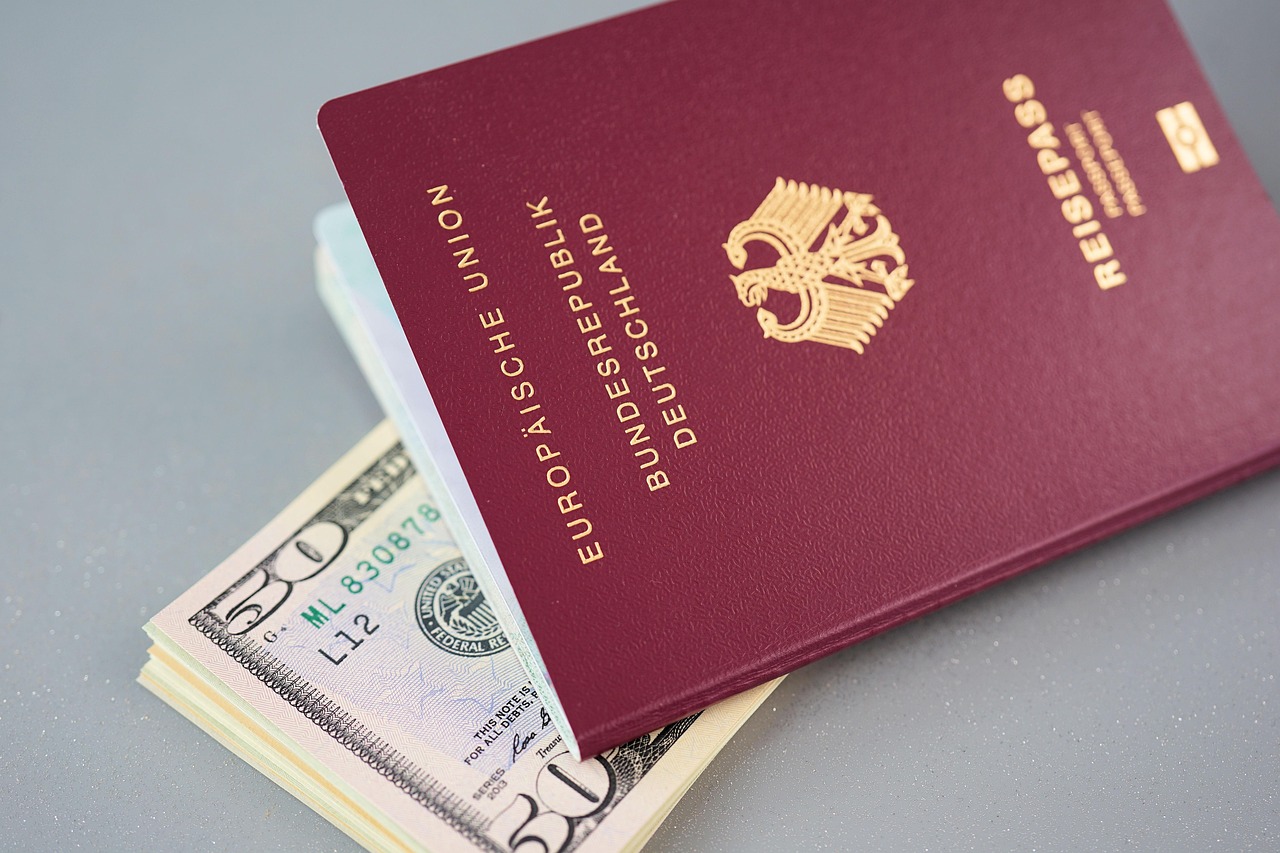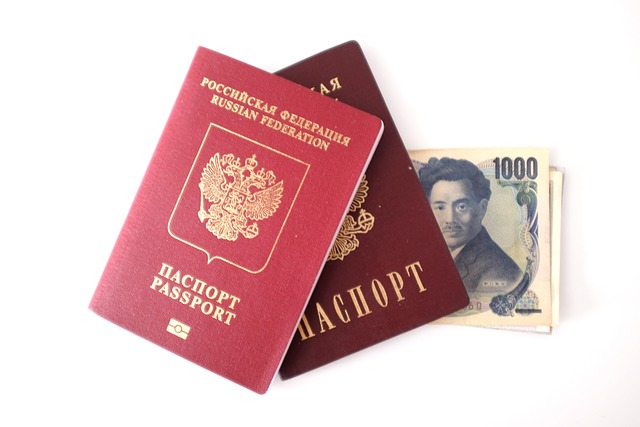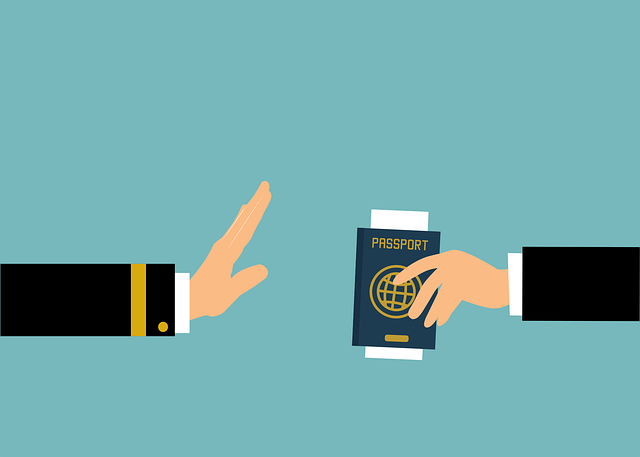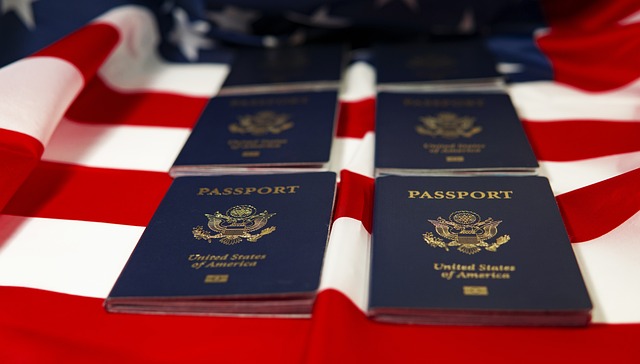Naturalization Process in the Netherlands: Steps and Requirements – A Comprehensive Guide
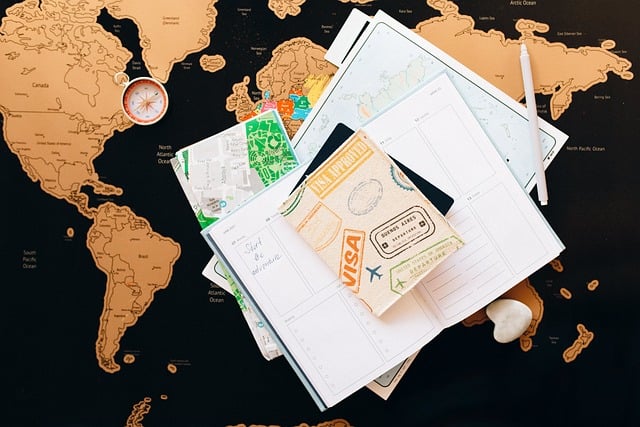
Becoming a Dutch citizen through naturalization is a significant milestone for expatriates and long-term residents in the Netherlands. It grants you the same rights and responsibilities as native Dutch citizens, including the ability to vote, work, and travel freely within the European Union. However, the naturalization process can be complex and requires careful preparation. In this article, we’ll walk you through the steps and requirements for naturalization in the Netherlands, helping you navigate the process with confidence.
What is Naturalization?
Naturalization is the legal process by which a foreign national becomes a citizen of the Netherlands. It is one of the two main pathways to Dutch citizenship, the other being the option procedure (which is simpler but has stricter eligibility criteria). Naturalization is available to a broader range of applicants, including those who have lived in the Netherlands for an extended period.
Eligibility Requirements for Naturalization
To qualify for naturalization, you must meet the following criteria:
- Age
- You must be at least 18 years old. Minors can be included in their parent’s naturalization application.
- Residency
- You must have lived in the Netherlands (or the Dutch Caribbean) legally and continuously for at least 5 years. This period is reduced to 3 years if you are married to or in a registered partnership with a Dutch citizen.
- Valid Residence Permit
- You must hold a valid permanent residence permit or a non-temporary residence permit (e.g., for work, study, or family reunification).
- Integration
- You must demonstrate sufficient integration into Dutch society. This typically means passing the civic integration exam (inburgeringsexamen), which tests your knowledge of Dutch language, culture, and society.
- Renunciation of Current Nationality
- In most cases, you are required to renounce your current nationality upon becoming a Dutch citizen. Exceptions apply for certain nationalities or circumstances (e.g., if renouncing your nationality is not possible or would cause significant financial or personal hardship).
- No Criminal Record
- You must not have a criminal record that poses a threat to public order or national security. Minor offenses may not disqualify you, but serious crimes can lead to rejection.
- Financial Stability
- You must be financially stable and not reliant on social assistance (e.g., welfare benefits) for a significant period before applying.
Steps to Apply for Naturalization
- Prepare Your Documents
- Gather all required documents, including:
- Valid passport or ID
- Residence permit
- Birth certificate (translated and legalized if necessary)
- Civic integration diploma or exemption proof
- Proof of income and financial stability
- Marriage or partnership certificate (if applicable)
- Renunciation statement (if required)
- Gather all required documents, including:
- Submit Your Application
- Submit your naturalization application to your local municipality (gemeente). You can do this in person or, in some cases, online.
- Pay the application fee, which is €1,012 (as of 2023) for adults and €126 for minors included in the application.
- Attend the Naturalization Ceremony
- If your application is approved, you will be invited to attend a naturalization ceremony. During the ceremony, you will take an oath of allegiance to the Netherlands and receive your naturalization certificate.
- Attendance is mandatory. Failure to attend without a valid reason can result in the withdrawal of your citizenship.
- Renounce Your Current Nationality (if required)
- After the ceremony, you must formally renounce your current nationality (if applicable) and provide proof of renunciation to the Dutch authorities.
Key Considerations
- Dual Nationality
- The Netherlands generally does not allow dual nationality, but there are exceptions. For example, you may retain your original nationality if:
- You are married to a Dutch citizen.
- Renouncing your nationality is not possible or would cause significant hardship.
- You are a refugee or stateless person.
- The Netherlands generally does not allow dual nationality, but there are exceptions. For example, you may retain your original nationality if:
- Processing Time
- The naturalization process typically takes 12 months, but it can vary depending on the complexity of your case and the workload of the immigration authorities.
- Civic Integration Exam
- The civic integration exam includes tests on Dutch language (speaking, reading, writing, and listening) and knowledge of Dutch society. Exemptions may apply if you have a Dutch diploma or are from an EU/EEA country, Switzerland, or certain other countries.
- Children
- Children under 18 can be included in their parent’s naturalization application. If only one parent applies, the other parent must give consent.
Tips for a Successful Application
- Start Early
- Begin preparing for the civic integration exam well in advance, as it can take time to achieve the required level of Dutch proficiency.
- Seek Professional Help
- Consider consulting an immigration lawyer or advisor to ensure your application is complete and accurate.
- Stay Informed
- Keep up-to-date with changes in Dutch immigration laws and requirements, as they can affect your eligibility.
- Maintain a Clean Record
- Avoid any legal issues or financial difficulties that could jeopardize your application.
